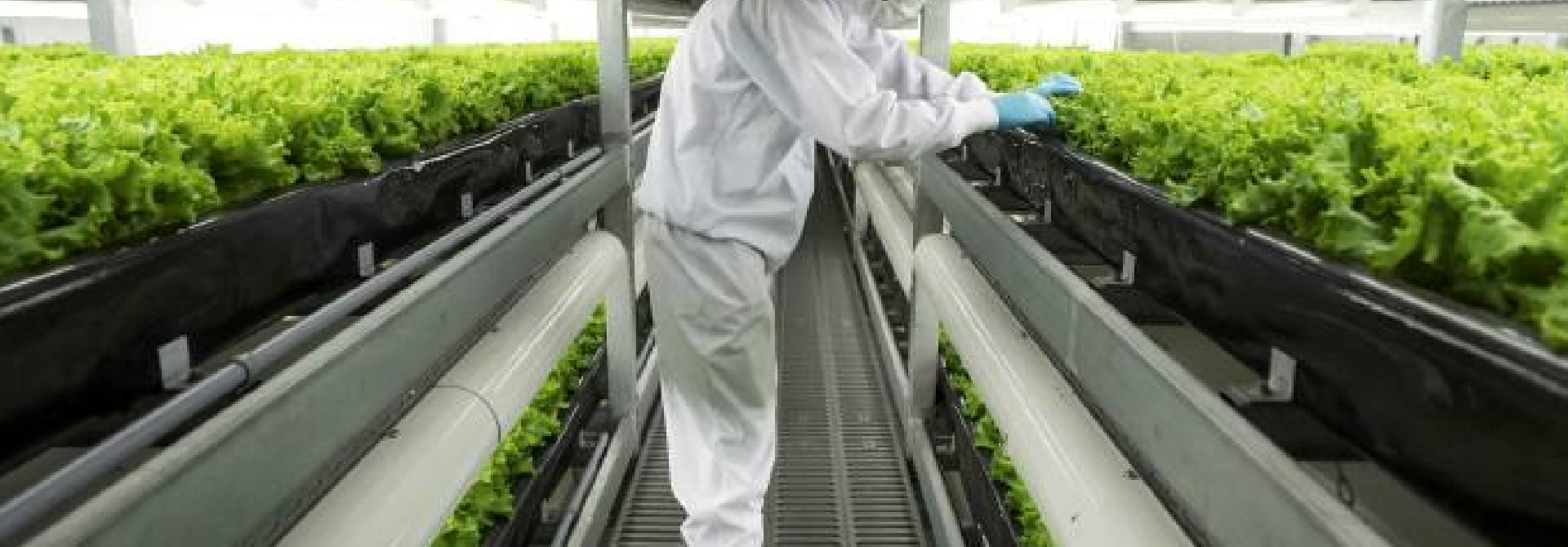

Vertical farming has become a hot topic during the coronavirus pandemic, as supply chain disruptions and labour shortages feed perennial fears over global food security. The nascent sector, in which crops are grown in stacked indoor systems under artificial light and without soil, has enjoyed a flurry of activity this year. Headline-grabbing developments have included the construction of Europe’s largest vertical farm, plans to build the world’s biggest indoor farm in the Abu Dhabi desert, and a $140m fundraising round by a SoftBank-backed start-up Plenty. Norway’s Kalera this week announced a $100m private placement ahead of its listing on the Oslo Stock Exchange’s Merkur Market on October 28.
Proponents believe that the technology represents the future of agriculture, hailing huge efficiency and environmental gains for the food industry, and about $1.8bn has flowed into the sector since 2014, according to data group Dealroom. However, agritech entrepreneurs and analysts warn that hype and lofty promises could undermine the sector’s credibility, putting off consumers and investors.
“There is a lot of BS coming from entrepreneurs,” said David Farquhar, chief executive of Scotland-based technology provider Intelligent Growth Solutions. “There are far too many unsubstantiated claims about energy use, the environmental benefits and quality of crops.”
The sector remains largely unprofitable and tiny. Vertical farming occupies the equivalent of 30 hectares of land worldwide, according to Rabobank analyst Cindy Rijswick, compared with outdoor cultivation of about 50m ha and 500,000 ha for greenhouses. High initial capital investment and running costs mean it is hard to make a profit. Businesses must pay for specialised labour and face huge electricity bills for lighting and ventilation, while having to offer competitive prices to attract consumers. Some operators in Japan are profitable while Nordic Harvest, the Danish start-up that has teamed up with Taiwan’s YesHealth Group to build Europe’s biggest vertical farm in Copenhagen, claims it will be profitable in its first year in 2021.
